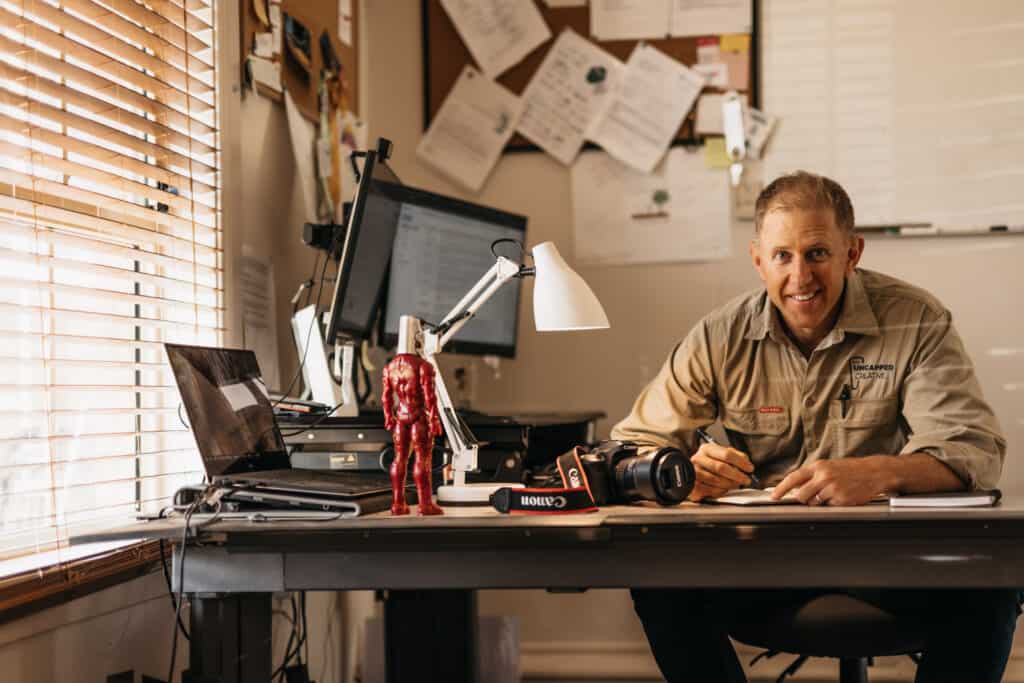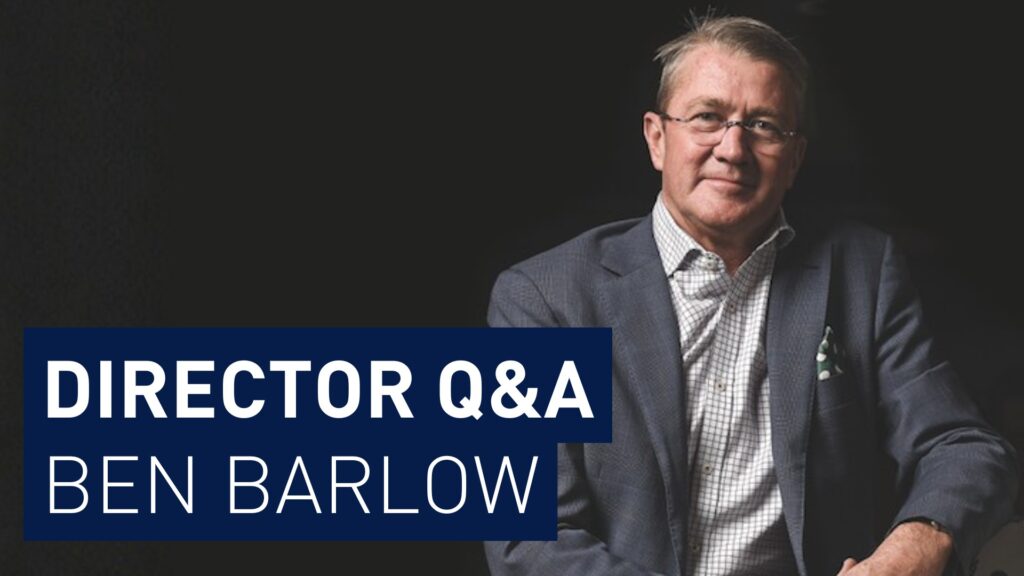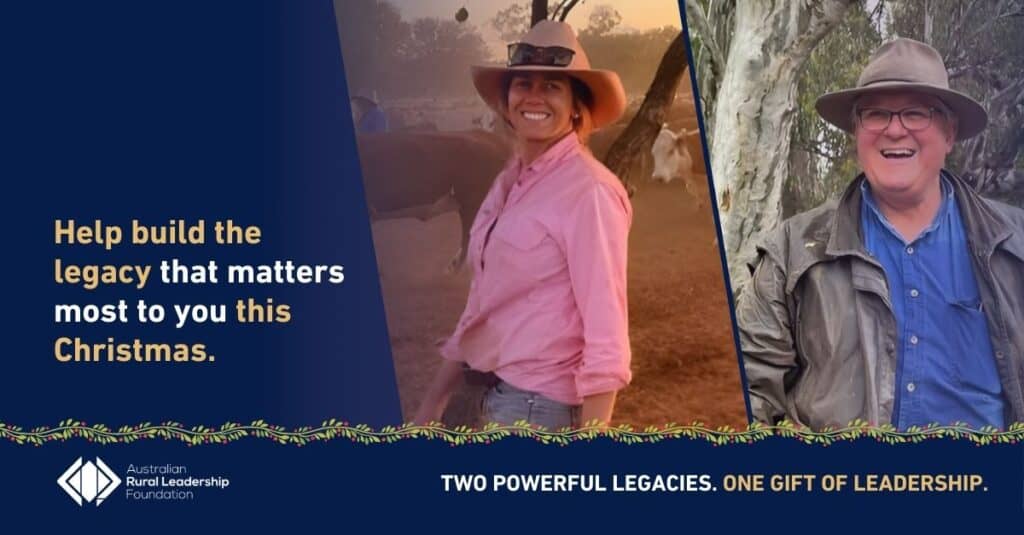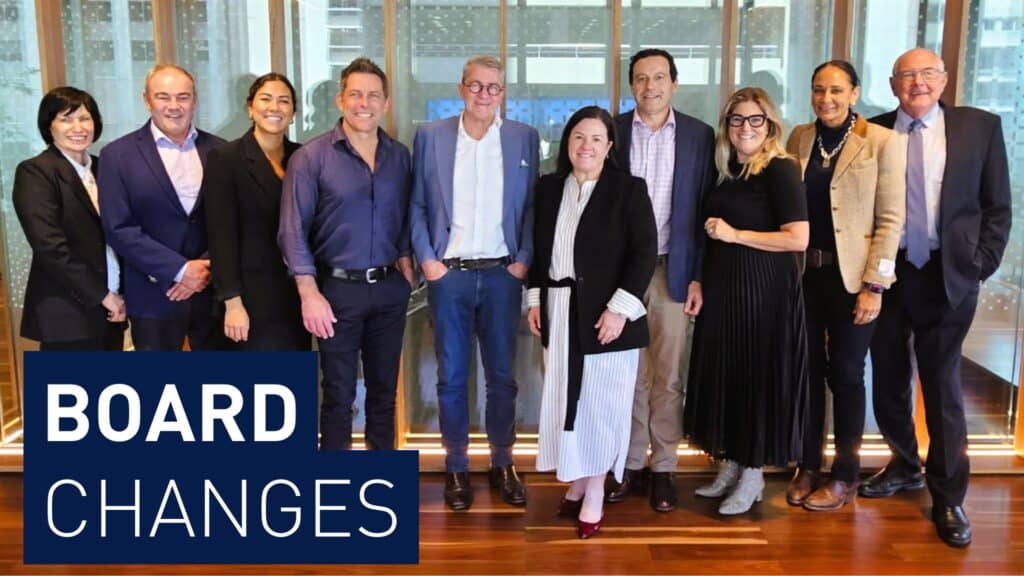Bec Marshall loves rivers. She’s spent her life following them, being on them, in them, around them. And it’s not by design but by fate, and some discerning decisions that’s made her who she is today.
Born in Shepparton – Yorta Yorta country – on the floodplain of Victoria’s Goulburn River, the agricultural and manufacturing town was home to Bec and her family until she turned five.
The rest of her childhood, teenage years and early career in hospitality and event management would be based in Adelaide and Melbourne – big smoke for a kid born in northern Victoria.
But it’s her love of rivers that essentially changed her world forever.
“I am a rower, and every year, for years and years, we’d drive from Melbourne to Wentworth for the Easter Regatta, on the Darling River,” Bec recalled.
“Then later on in the year I’d go back to Wentworth for the Flying Doctor Rowathon which was basically rowing huge kilometres in a day to raise money for the Royal Flying Doctor Service.”
Bec was so taken with Wentworth, a few years ago she set herself a 10-year plan to move there. But just two and a half years into her perfectly designed plan she decided – why wait?
Bec officially became a Wentworth resident on July 1st, 2019.
Today she’s the Community Development Coordinator at the Community Bank, Wentworth and Districts. She also works at the Visitor Information Centre as a tourism officer promoting the town and has recently started a small business – Junction Media Consulting.
“Three of my four large clients are local which thrills me no end. All of these roles have been a great way to become embedded in the fabric of a community,” she said.
And the community can see Bec’s worth, too.
“It was a local who said I should apply for the Australian Rural Leadership Foundation’s Drought Resilience Leaders Development Program, but I didn’t feel like I was the right person for it,” she said.
“I wasn’t a true local and I wasn’t sure if I could claim regional or rural status, but it was pointed out that fundamentally, I was someone living in a regional rural area that was going through drought and the impact of drought.
“I decided to throw my hat in the ring because I believed I could bring something different to the program.”
The value of difference
It was Bec’s outside eyes with a different look on regional life that made her a great candidate.
“I looked at everything with a slightly different view to the person who was Zooming in from their harvester or the person on a property making school lunches for their kids, but I was never made to feel different or my contributions any less valid,” Bec said of the experience.
“The support, and exchange of thoughts and processes, is what showed me that anyone can be a leader, anyone can choose to make their region or town better.
“You don’t need to have leader in your title – you just have to know the worth of everyone’s differences and try to pull that all together.
“Becoming aware of that fact really resonated with me because I have never wanted to be the boss because I like to be part of the team. This process has made me more aware of the roles I can play without a title – I can still lead, but in my own way.”
And that she is, in both her professional and volunteer roles. The Captain and Head Coach at the Wentworth District Rowing Club and a newly minted member of the Wentworth Show Society Committee – Bec is leading by example.
Transferable leadership skills
It’s ironic that now at home in Wentworth, at the junction of two major river systems – the Darling and the Murray – and a graduate of the Drought Resilience Leaders Development program it’s not drought Bec and the town are battling with; it’s the impact of floods.
“Ironic yes, but also, as I was helping to fill sandbags at the height of the flooding in October and November, I was still using the skills I took on in the program,” she said.
“I was reading other people’s emotions better and I felt more confident to ask questions and find out what needed to be done to be helpful.
“I felt grateful for the experience in those moments because I knew I was helping in a tangible way and I had the knowledge that other people had faith in me to take on a leadership role – however small it may have been.
“I know I can help in my own way. I know I can make my town a better, stronger community than it already is and don’t have any plans to leave any time soon. I think I’ve always been a country kid at heart.”
Serving in the community
Fellow participant Rod Campbell has the country in his DNA.
Born and raised in Bourke, tertiary educated in Bathurst and after years working across rural and regional New South Wales, he’s been running his communications business out of Dubbo for many years.
“I’d always said very openly that I wanted to work for myself one day so before I turned 40 I decided – if not now, when? So I jumped and started ‘Uncapped Creative’,” Rob explained.
“I truly believe that people living in regional New South Wales have a unique opportunity to make a difference and positively impact rural and regional Queensland and that’s what the business is built on really.”
While he was building his business though, Rod said he felt disconnected from what had previously given him so much joy – his volunteer roles within the Dubbo community.
“Previous to starting my own business I had volunteered pretty heavily including being super involved on the committee for the running festival in Dubbo for about six years but when I started my business, I didn’t have the time for that.”
“It meant I pulled back from some of those community events and committee responsibilities and I had been running the business for around three years when I found myself really missing that part of my life.”

At a similar time, Rod heard about the Drought Resilience Leaders Development Program.
“The timing was perfect because I was really looking for opportunities to better understand how to serve the community and serve Western New South Wales a little bit better beyond just my business,” he said.
“I went into it thinking I knew what to expect and I was looking for something quite specific in hindsight. But one of the facilitators really changed the game for me when he put it back on me and the rest of the cohort and simply said that we all had a responsibility to lead.
“That idea of, ‘if not me, who?’ really hit home. It comes down to being willing, looking at what we can do – not what we can’t or won’t – and then taking steps to lean forward when we need to.
“Personally, I’m super introverted and I’ve been that way my whole life. Doing the Drought Resilience Leaders Development Program made acknowledge that in a really positive way and gave me the tools to allow me to lean into that in a way that’s made me more available for my family, my business and my community.
“Learning how to properly make space and time for me to rest, and understand how to recuperate and recharge, means I’ve been able to really give everything when I’m ‘on’ and when I’m needed to lead.
“I see my business as a vehicle for heavy impact, and I’m intentional about where I work and who I work with. The program has already made me feel more confident in identifying where I can deliver value the most, especially through that drought resilience lens, in the environmental and agricultural space.”
Building a legacy
Having a renewed and refreshed focus on the future, Rod Campbell has a plan for building a legacy.
“This process has really shown me that first and foremost, the biggest and best legacy I can build is at home, with my kids.
“Hopefully one day they will look back at what I’ve worked to achieve and know that they too can get outside their comfort zones and put their hands up to help, be leaders and make their community better just by being willing.
‘It’s so important to know that it isn’t just one person who is going to make a huge difference – it’s a lot of people trying and to do the right things at the right time.
“I’m feeling really confident about the future, and I think we’ll definitely move the dial on some of the trickier issues for rural and regional Australia like dealing with drought and floods and changes in seasons and the myriad of impacts those things have on a town.
“I hope that I could be a part of that effort to look at some of the problems we have and work towards them with others.”






